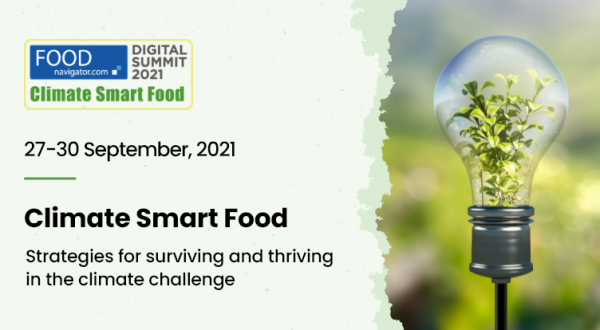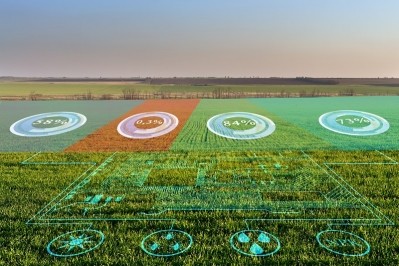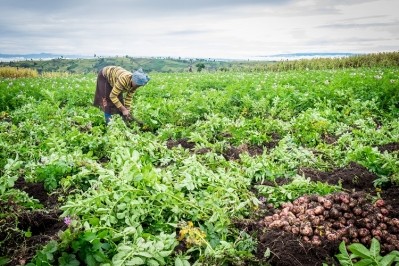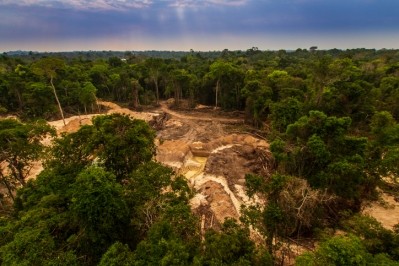Musim Mas, AAK and Nestlé collaborate on deforestation outside concession areas
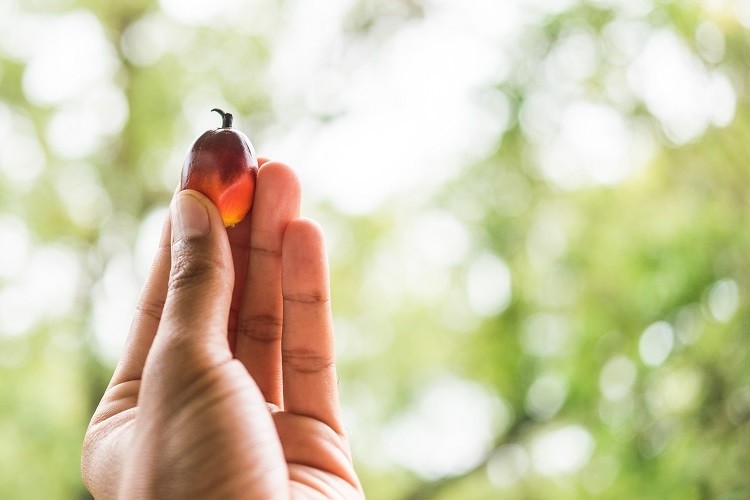
Aceh is a priority landscape, with 87% of the Leuser ecosystem lying within the province.
The companies have established a five-year programme that will be funded by AAK and Nestlé for the first two years.
“We are glad that downstream actors AAK and Nestlé share our vision to transform the Aceh landscape and work together with actors on the ground. Integrating smallholders into sustainable supply chains is an industry effort,” said Olivier Tichit, Musim Mas Director of Sustainable Supply Chain. “Our partnership in Aceh is crucial to expanding our reach to the independent smallholders and protecting rainforests."
Through this, they hope to reach out to approximately 1,000 independent palm oil smallholders, enrolling them in Musim Mas’ smallholder programme, Smallholders Hub. The Hub aims to integrate independent smallholders into sustainable palm oil supply chains.
The Smallholder Hub provides advanced training to village extension officers on No Deforestation, No Peat and No Exploitation (NDPE) as well as agricultural practices.
The curriculum is developed around five components that Musim Mas says would encourage smallholders to produce palm oil sustainably. These include: improving agricultural practices to boost yield; increasing market access by building communication with mills and providing access to agri-finance; supporting replanting efforts for ageing palm; providing ‘legitimacy’ by confirming the legality of the smallholders land and titles; and assisting smallholders to develop alternate livelihoods.
“The program will help smallholders increase yields and earnings from their existing farmland, and reduce the risk of encroachment into protected areas. As the majority of deforestation in Aceh occurs outside the plantation concession areas, such programs are vital,” Musim Mas said.
Extension officers then train and upskill palm oil smallholders in their assigned areas. Musim Mas will train 40 officers as part of this fresh effort. The initiative is Musim Mas’ third Smallholder Hub to be established in the Aceh province, as part of the company's Aceh strategy.
The strategy aims to address concerns that during the past seven years, some of the mills in its supply chain have been impacted in alleged deforestation and labour rights infringement. It focuses on engagement with smallholders, monitoring for signs of deforestation, and ‘assurance’ through traceability to plantation, risk-based due diligence and an in-house verification team. Over the past two years, 96% of Musim Mas’ suppliers have participated in supplier workshops. Assessing progress, Musim Mas said suppliers are ‘increasingly implementing sustainability and NDPE in their operations’.
AAK Global Manager of Sustainable Oils, Caroline Westerik-Sikking, stressed that engaging with independent smallholders is vital to address deforestation risk at a landscape level. “Engaging with our suppliers in the most sensitive landscapes and focusing on deforestation outside concessions is crucial,” she noted. “We believe that this partnership program can significantly contribute to the protection and preservation of this important landscape and have a positive impact on the livelihoods of the smallholders involved."
Nestlé placed the effort within the context of its Forest Positive strategy, which aims to not only halt land-use change but also help restore degraded forests. “Nestlé is committed to achieving a deforestation-free palm oil supply chain by 2022. Making the industry truly sustainable, however, will require us collectively moving towards a Forest Positive strategy where agricultural production and forest protection exist in harmony. Supporting smallholders is a key element of this strategy. We will continue to conserve and restore forests and natural ecosystems while promoting sustainable livelihoods and respecting human rights,” said Emily Kunen, Global Climate Delivery Leader, Forests, at Nestlé.
Musim Mas and Nestlé will both be joining our panel looking at strategies to stamp out deforestation at our upcoming event, Climate Smart Food. We'll be discussing the challenges and opportunities of moving towards deforestation-free supply chains -- as well as the reputational risk of failing to act.
With the food system contributing around one-quarter of greenhouse gas emissions today, it is clear that business-as-usual is not an option. So what needs to change if we are to transition towards truly sustainable nutrition? Join us to find out.
To register for free, click HERE, or to view details of our full programme, click HERE.
